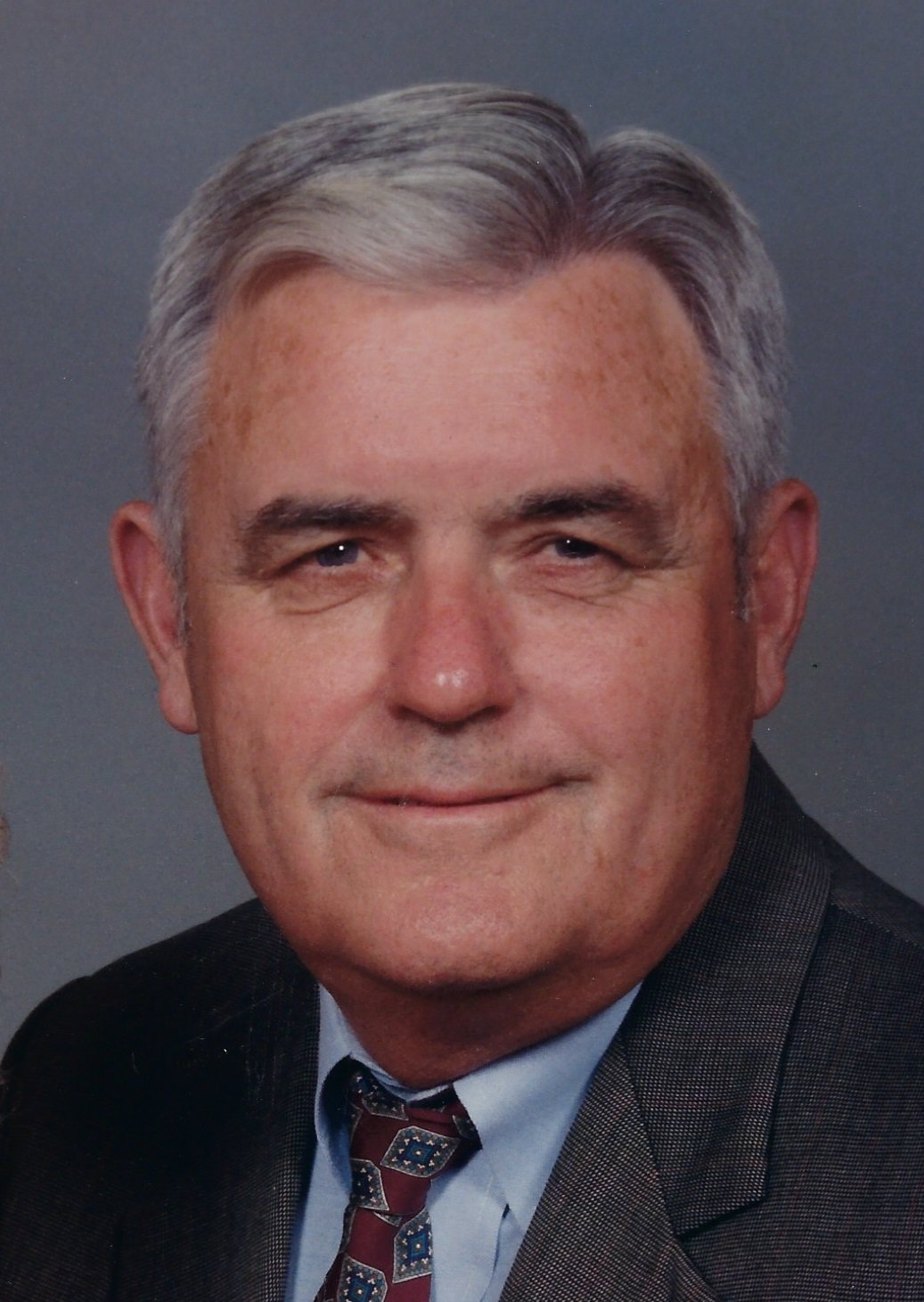Ridgeland’s first cop remembered
Ridgeland’s first paid police officer, Lamar Binford Watkins, who died last week at the age of 87, was remembered for his love for Jesus Christ and passion for sharing the Gospel message in his retirement.
Watkins was born July 1, 1934, in Neshoba County and died Aug. 1, 2021, at Hospice Ministries in Ridgeland. He is survived by his wife of 62 years, Bobbie Lofton Watkins and a daughter, Cindy Watkins Bryant. The Watins moved to Ridgeland in 1961 and never left.
Watkins was hired in July 1970 as the city’s first paid police officer. Over the years he also served as Town Marshal, Chief of Police and Court Clerk. Watkins retired in March 1998.
Mayor Gene F. McGee said he primarily knew Watkins as a citizen after his time working for the city and said Watkins was known as a man with a love for sharing the Gospel with people.
“I knew him to be a wonderful Christian man who always took time to share Christ with people,” McGee said.
Watkins graduated from Dixon High School in 1951, East Central Junior College in Decatur in 1953 and later attended Mississippi College in Clinton.
He served as warehouse manager for Parts Inc. in Jackson for several years before his time with the city. After retirement from his job with the city, he and his wife joined Campers on a Mission.
He was a member of First Baptist Church in Ridgeland since 1962 and served on various committees, taught Sunday School and was a lifetime Deacon. He moved his membership in 2006 to Pine Lake.
He was laid to rest in a graveside service at Ridgeland’s Jessamine Cemetery.
Jessamine Cemetery is named after the wife of the man who is known as the father of Ridgeland. In 1853, James B. Yellowley founded the community of Yellowley's Crossing later named Jessamine after his wife and hence the cemetery name.
In 1896, Edward Treakle and Gordon Nichols, two real estate developers from Chicago, purchased the land from Yellowley and established the Highland Colony Company. They created plans for a town to be named Ridgeland and launched an advertising campaign to entice people from the northern United States to move south.
Agriculture was the community's dominant revenue source, with pears and strawberries as the leading crops grown for sale. At the turn of the century the Illinois Central Railroad played a large part in development of the area.



